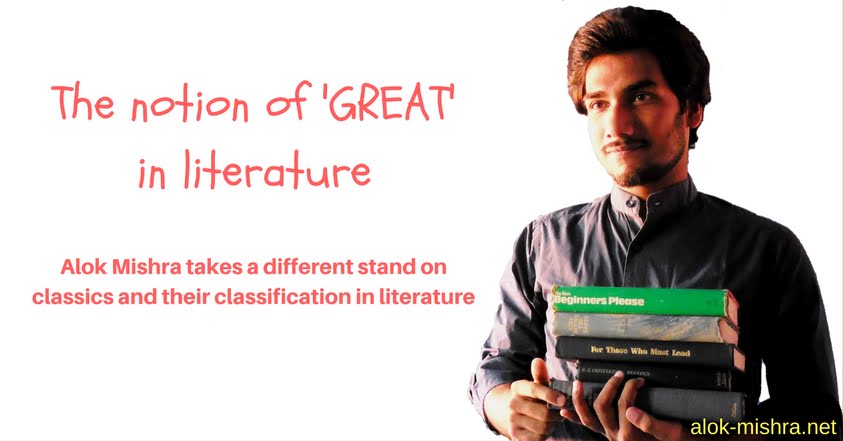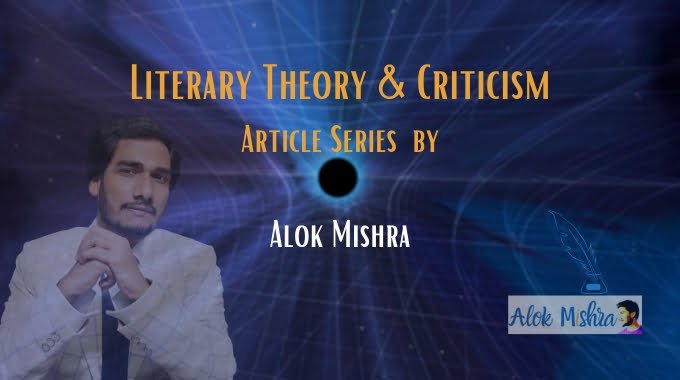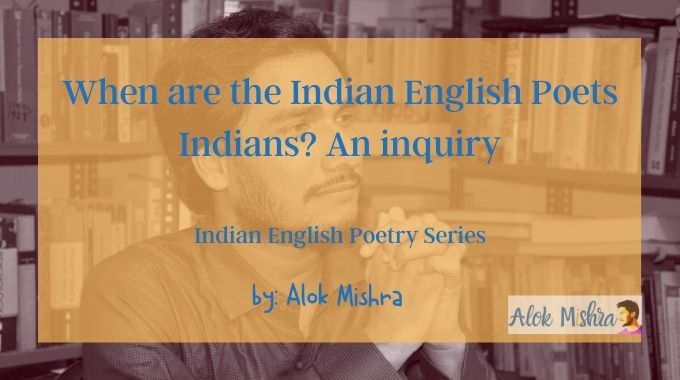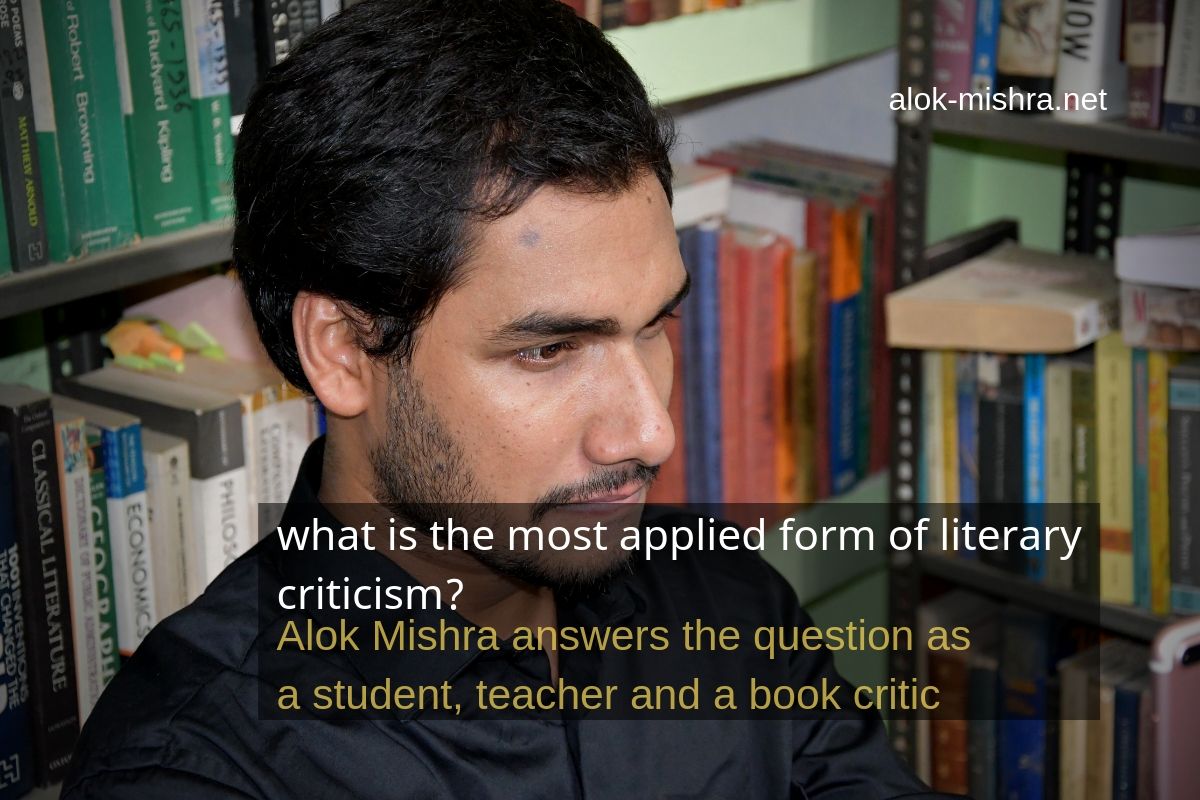My dear friends, I hope you are all doing well in this challenging situation. The…
Confused Notion of ‘Great’ in Literature
The Notion of ‘Great’ and Literature
What is the notion of ‘great’ in literature? The one that Aristotle says great? Or the one that T. S. Eliot says great? Or for some, the one that Terry Eagleton says great? As many mouths that many notions… such are the notion of this ‘great’ in literature. Today, I will write something about this notion. I kept thinking for this for a while (every day) and could not come to a conclusion. Why do I have to feel or to express that Paradise Lost is a masterpiece in poetry? Why do the students of third years (English honours) have to admit that Charles Dickens was a great novelist and that Emily Bronte’s Wuthering Heights is a great novel? Why was I told in the first year of my graduation that Romantic poets were better than the Victorian poets and their precursors, the neo-classical poets? We are all told by most of the tongues indulged in lecturing that Shakespeare was a great dramatist and the one who cannot be dethroned from the adjective crown – the greatest dramatist of all time. So, this notion of great, which at first instance seems all ‘dodged’ and passive, is somewhat confusing. Do you also feel the same?





I really enjoyed this blog post. For me, the definition of greatness in literature hinges on whether or not a work retains its relevance across cultural shifts and the passage of time. Only the works that touch on deep, fundamental human truths can hope to claim greatness. Some of my favorite classics were not considered ‘great’ when they were contemporary. For example, I loved Middlemarch, but it was first published to mixed reviews.
Hi Adrienne,
many thanks for stopping by and reading this one! I agree with you on that. I share the view that a piece of literature which has something for me, must have something for the readers who would read it a century later.